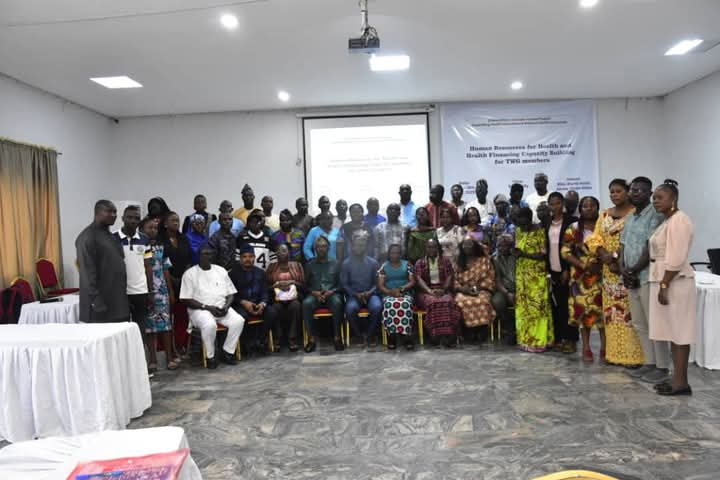Nigerian health experts have called on the Federal Government to overhaul Nigeria’s healthcare financing by reducing out-of-pocket (OOP) spending and strengthening health insurance coverage to ease the financial burden on citizens.
According to the shared statement on Friday, the call was made during a four-day workshop organised by the Ondo State Ministry of Health in partnership with the Clinton Health Access Initiative (CHAI) and supported by Global Affairs Canada (GAC).
The event focused on improving human resources and health financing in the state.
Professor Demilade Ibirongbe of the University of Medical Sciences, Ondo, revealed that about 70% of Nigerians pay for healthcare directly, often leading to poverty and poor health outcomes. He said the solution lies in accessible health insurance for all.
Read Also: WHO targets 50% health tax hike on tobacco, alcohol, sugary drinks by 2035
“Many Nigerians defer or entirely forgo necessary medical treatment because they simply can’t afford it,” he said. “Implementing a robust and widely accessible health insurance scheme would fundamentally transform this dynamic, pool resources, spread risks across a larger population, and ensure that individuals can access medical attention.”
Prof Ibirongbe stressed the need to invest in both health financing and workforce development.
“Quality care depends on skilled personnel—and retaining them requires proper funding,You can’t have quality care without skilled professionals, and you can’t retain them without proper health financing,” he added.
Permanent Secretary of the Ondo State Ministry of Health, Dr Adeniran Ikuomola, highlighted recent efforts to bridge the human resource gap through new recruitment. He urged proper workforce deployment and record-keeping to avoid waste.
“It becomes our responsibility to deploy the limited number of human resources that we have appropriately and ensure will keep records of what we have so that when people move out, we will have our records. Our nominal roll and disposition list should be kept appropriately,” he said.
GAC Consultant, Mrs Olubukola Oyeneyin, said the training aimed to boost the performance of technical working groups and push for universal health coverage. She also stressed the need for gender equity in workforce planning.
Participants urged the government to run public campaigns on the benefits of health insurance and advised donors to work through official channels to improve transparency and resource tracking.



